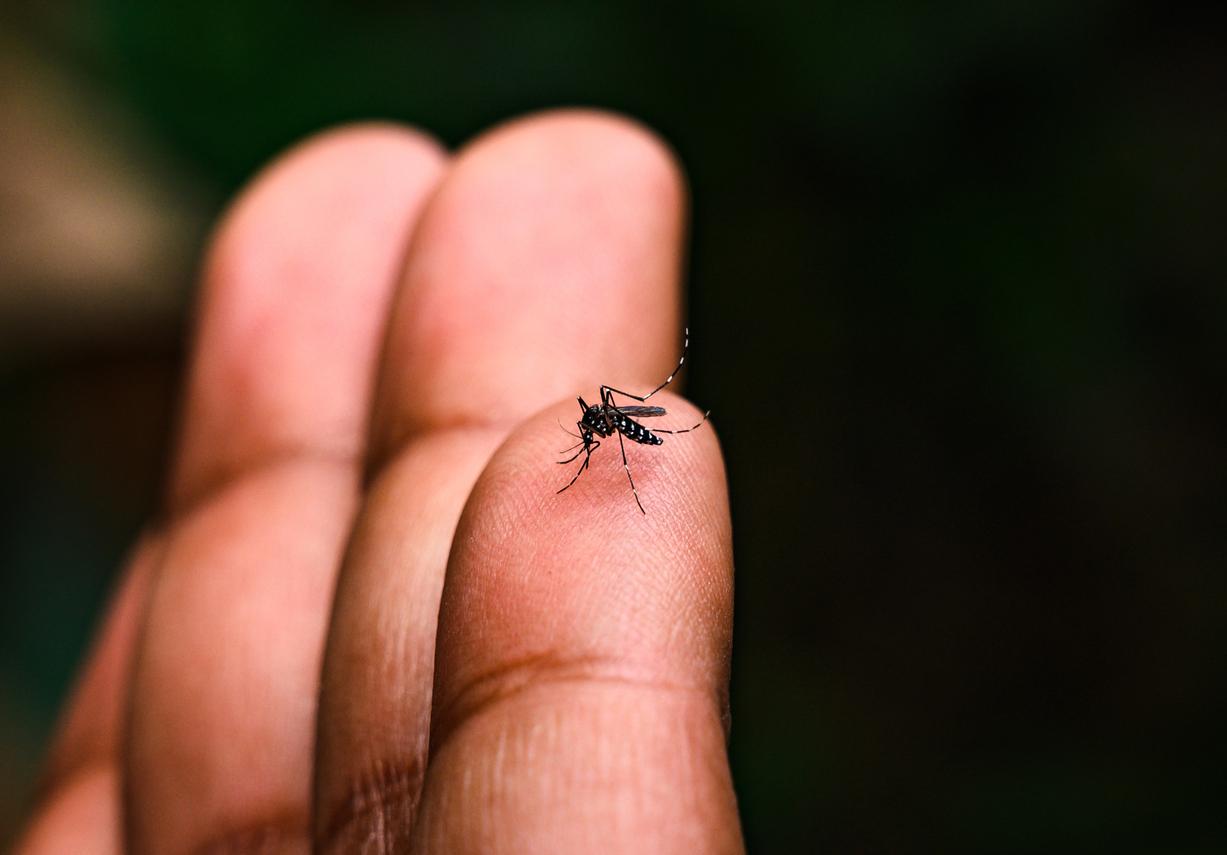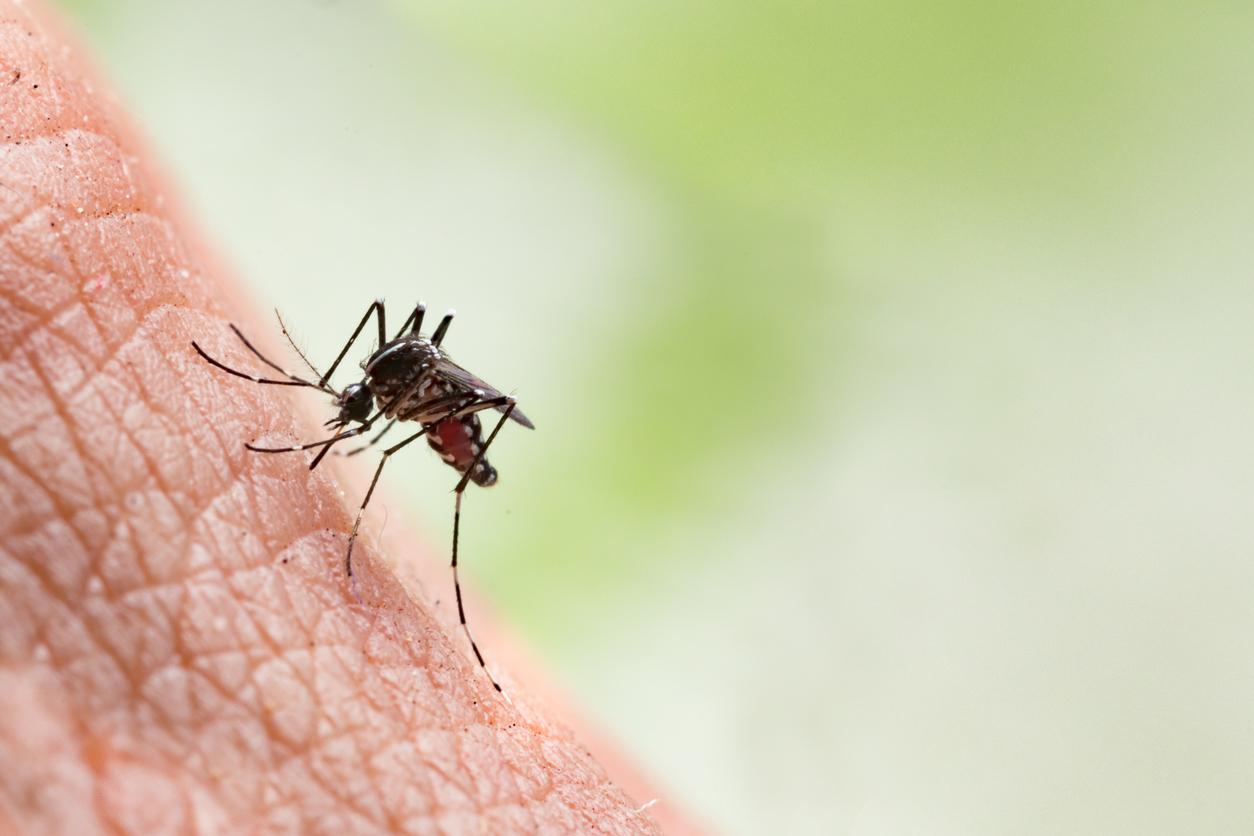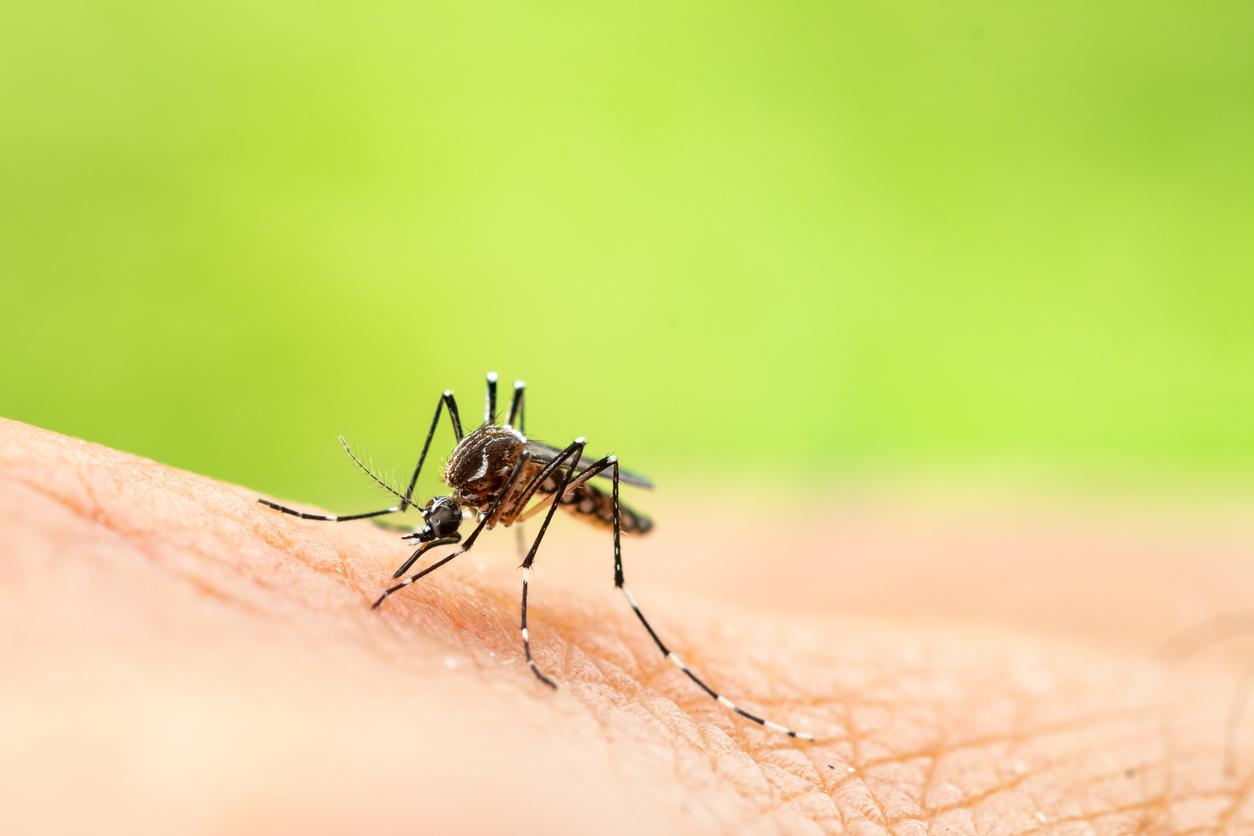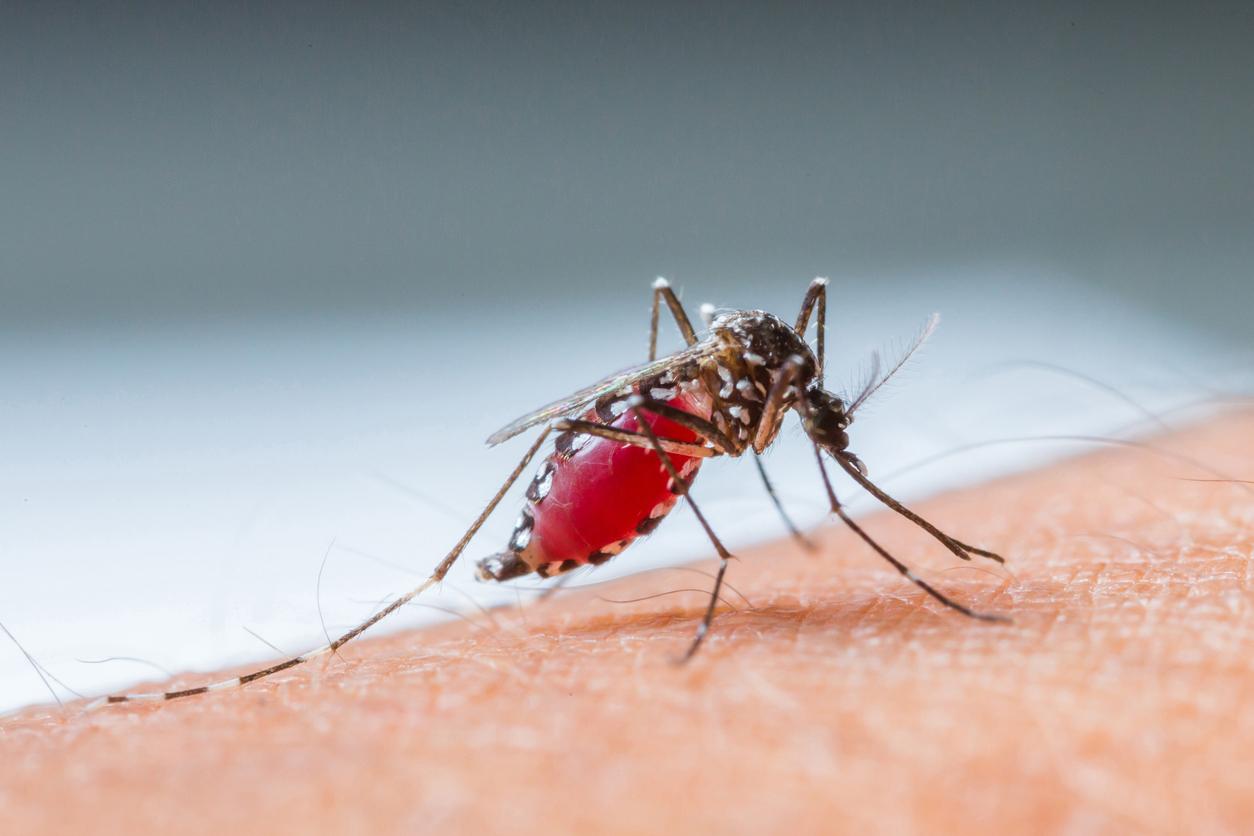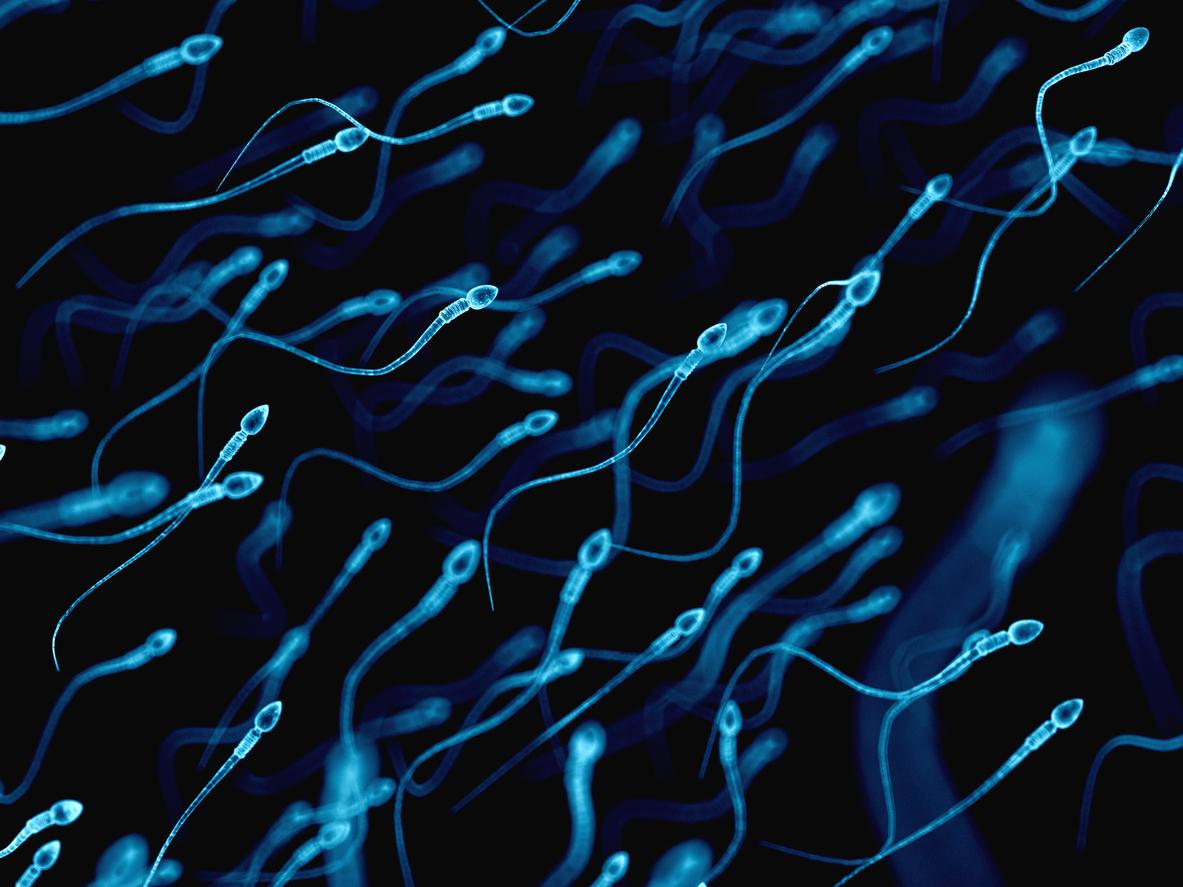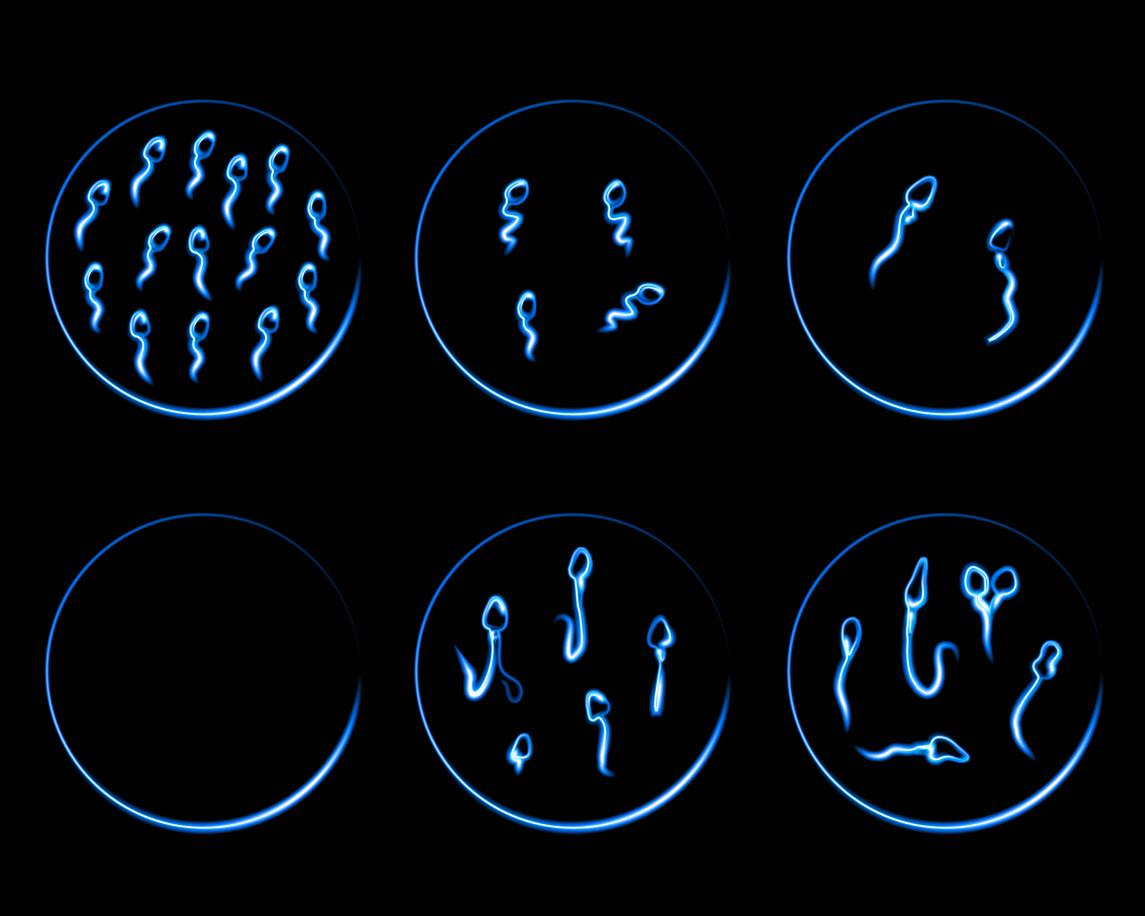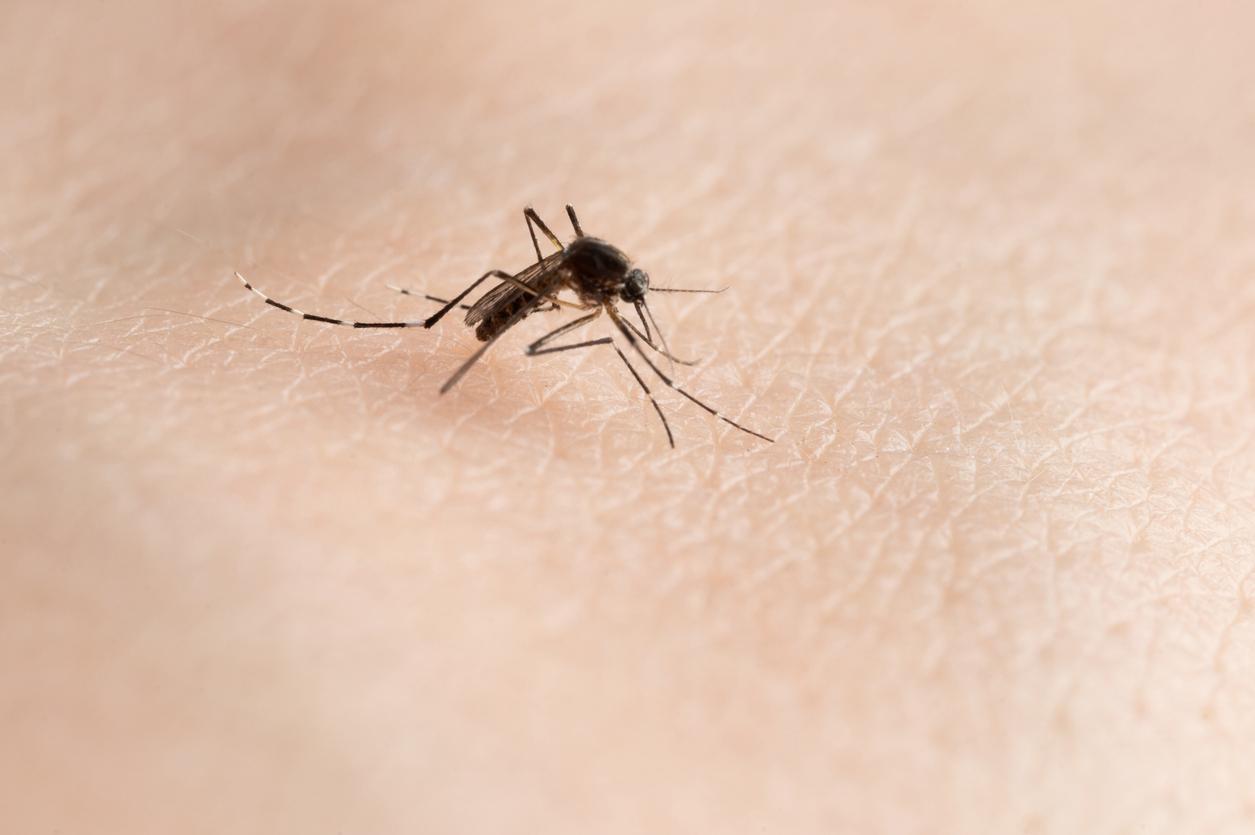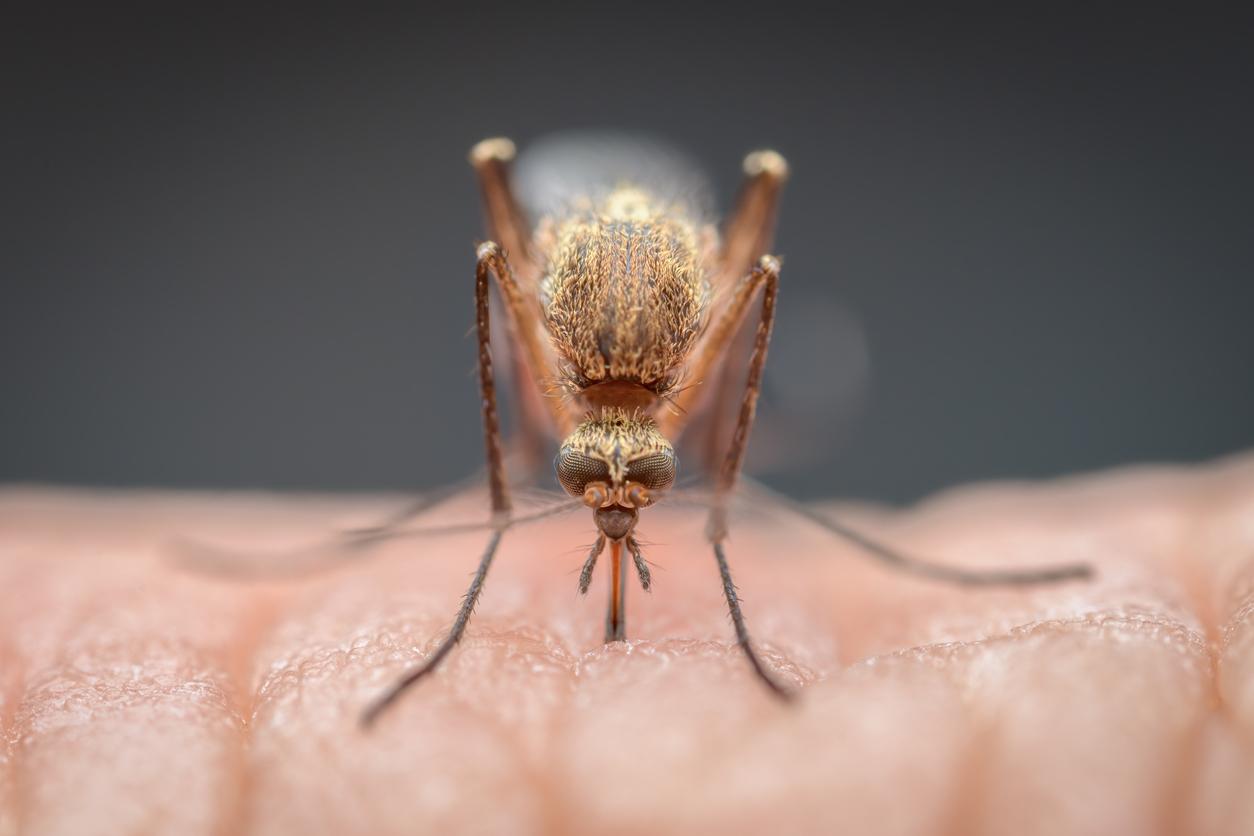Proteins responsible for activating mosquito sperm can be deactivated, preventing them from fertilizing eggs.

- Researchers have analyzed the proteins of sperm from Culex pipiens mosquitoes to find those that maintain their quality and activate them.
- Turning off a protein found in their sperm could prevent them from “swimming” to the eggs and fertilizing them.
- Information on sperm motility in these insects could have implications for improving fertility in humans.
“During mating, the mosquitoes mate tail to tail and the males transfer the sperm into the female’s reproductive tract. It can be stored there for some time, but it still has to get from point A to point B to complete fertilization”, explained Catherine Thaler, a biologist at the University of California at Riverside (United States) in a statement.
According to her, proteins secreted during ejaculation, which activate the flagella or “tails” of sperm, are essential for the accomplishment of this journey. “Without these proteins, sperm cannot enter the egg. They stay still and eventually break down,” added Richard Cardullo, one of his colleagues.
Mosquitoes: deactivate the proteins of their spermatozoa
In a study published in the journal Plos One, researchers isolated and examined mature sperm from Culex pipiens mosquitoes, which transmit cerebral encephalitis. Their goal ? Studying all the proteins in spermatozoa and finding those that maintain their quality when they are inactive and activate them so that they “swim”. After this analysis, they found that by deactivating a protein found in mosquito sperm, it prevented them from “swimming” to the eggs and fertilizing them.
According to the authors, this type of protein profiling paves the way for more environmentally friendly mosquito control. “We have given up on spraying pesticides everywhere, because it kills everything, good and bad insects, and harms other animals”said Catherine Thaler. “But even though people hate mosquitoes, most conservationists would oppose a plan to eradicate them completely. They play an important role in the food chain of fish and other animals,” reported Richard Cardullo.
“A better understanding of sperm” to “help couples conceive”
The team hopes that the information about regulators of sperm motility in Culex pipiens mosquitoes will also apply to other mosquito species. Furthermore, learning more about the motility of sperm from these insects could have implications for improving fertility in humans.
Richard Cardullo has long studied mammalian sperm in hopes of developing a male contraceptive. “But preventing unwanted pregnancies is just as important as helping couples conceive. Human fertility rates have been declining for years, in part due to environmental factors. A better understanding of sperm could help to overcome some of these factors”, he concluded.









